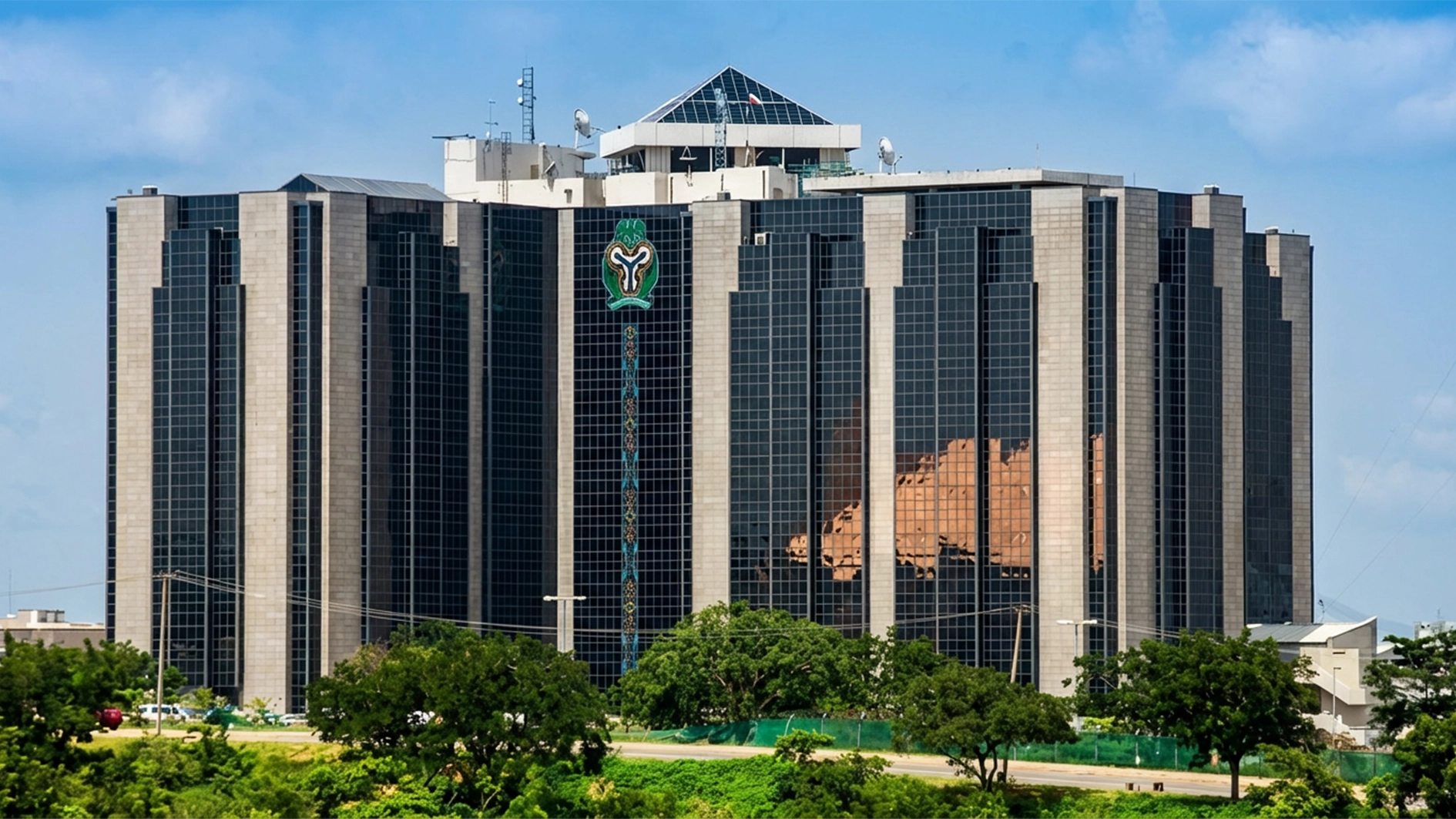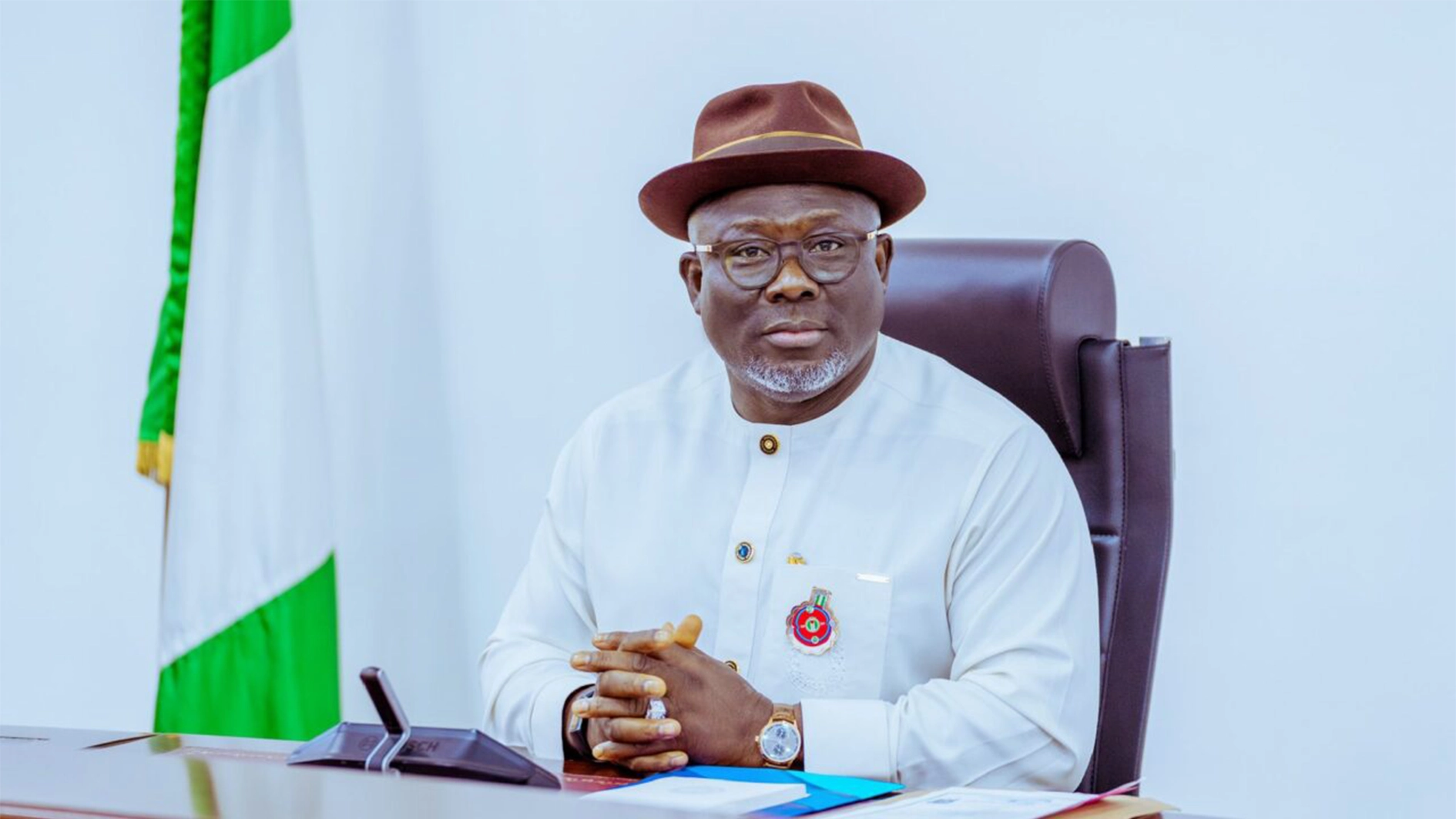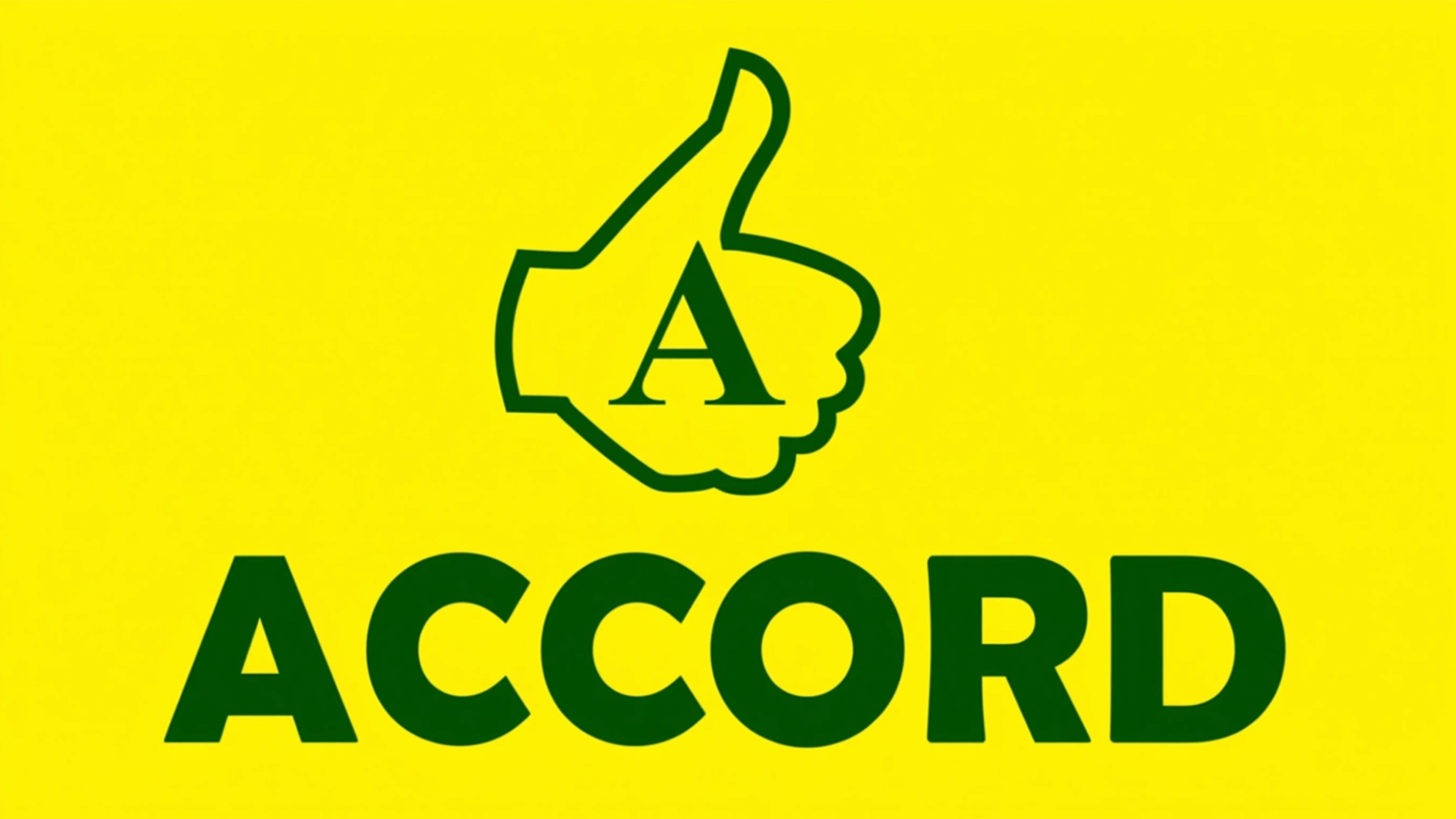
Over the weekend, the President-elect of Ghana Nana Akufo-Addo; who had won an improbable race against the incumbent John Dramani Mahama about a month prior was sworn into office, capping what was yet another change-driven election on the continent in as many years. While trying to connect the dots between this and the 2015 election of President Buhari in Nigeria (because we’re rivals in everything), I recognized a wider pattern continent-wide. In the decade beginning 2010, there have been 31 new leaders on the continent – almost all of them elected through peaceful democratic elections and/ or transitions, often defeating the powerful incumbent presidents and political parties that ruled for decades prior. Following decades of war and coup d’état’s that have come to characterize post-colonial Africa, this changing political landscape is proof of an awakened appetite for change and a renewed belief in the electoral process as the means to effect it.
Exactly sixty years ago this year, The Republic of Ghana (formerly known as the Gold Coast) under the leadership of the great pan-africanist Kwame Nkurumah, gained independence from Britain and began what is widely regarded as the movement for the decolonization of the continent. After gaining independence, President Nkurumah worked tirelessly to see that all other African countries enjoyed the same freedoms.
In the decade following Ghana’s independence, more than ¾ of the continent gained independence from Britain and France, marking the first major wave of change to hit the continent since the Berlin Conference where the continent was divvied up and apportioned to different countries. This was also Africa’s first foray into self-determination and majority rule and brought with it a lot of hope and expectations. This mass decolonization led to the formation of the Organization of African Unity (OAU) later renamed the African Union (AU), which further aided in liberating the rest of the continent.
Shortly after decolonization, fissures started to emerge in the newly liberated countries, largely due to the makeshift political structures assembled by departing colonial powers that led to social marginalization by the different political factions. These instabilities led to a string of coup d’état’s and counter coups that installed and deposed a succession of autocratic governments and political elites in countries like Nigeria, Ghana, Ethiopia and Egypt.
By 1989 the number of autocratic regimes had risen to 36 out of the 41 nation states at the time. All of this was compounded by the civil wars that plagued every corner of the continent following decolonization in the 1970’s 1980s. And then again in the 1990’s highlighted by the devastating wars in Liberia, Sierra Leone, Congo, Sudan, Somalia and Rwanda – the effects of which are still felt in some parts of the continent. These conflicts; mostly fueled by foreign meddling, ethnic polarization, and the scramble for control of natural resources, coupled with repressive regimes led to a populace that no longer felt empowered to participate in constructive governance.
At the turn of the 21st century, conflict fatigue had started to set-in and democratic regimes started to resurface in Africa, although most of them were still characterized by a mixture of democratic and autocratic values, ensuring that the ruling elites remained in control. The shift was however starting to become noticeable. By 2004 there were thirteen democratically elected governments, up from three in 1989 and today the number of countries that enjoy some form of democracy is up to 40, with about 30 of those having elected new presidents in the decade beginning 2010. So what changed? Well for starters, the African people gradually started to believe that they had the power to use non-violent means to pressure autocratic regimes to enact political reforms or step aside as they did in Tunisia, Egypt, Burkina Faso and more recently Morocco. They have also chosen to use the power of the ballot to vote out powerful but ineffective incumbent administrations and their parties.
This feat once thought impossible has now occurred at least a dozen times in the last decade in Cote D’ivoire, Senegal, Nigeria, and most recently – Ghana. The ability of our fragile democratic systems previously thought to be corrupt and volatile, to withstand the transition of power to opposition parties, has given the electorate more faith in the democratic system and inevitably improved governance by making leaders more accountable to their citizens. The collateral effect of this wind of change is that countries like The Gambia and Burkina Faso, who had not had elections in a long time, ultimately demanded free and fair elections that brought in new democratically elected governments. Although ousted President Jammeh of The Gambia has threatened to overturn the results of the elections after already conceding defeat.
This brings me to the last piece of the puzzle, which is how we get the last third of the African continent; mostly concentrated in central Africa, still under the thumb of autocratic leaders some masquerading as democratic administrations, to relinquish power. The solution may lie in the same tools that helped dismantle colonialism – negotiations, camaraderie and continued dialogue between the people of the fully democratic states and those under repressive regimes, which is a lot easier in the digital age than it was in the 1960’s. Of course the African Union as part of its founding charter has a major role to play in continuing to spread the ideals of self-governance and the rights of all people to self-determination.
The modern history of Africa has been punctuated by decolonization, dictatorship, and now democratization. With 3 more years and a few pivotal elections coming up in several countries including; the 2018 Zimbabwe elections where 94-year old and 37-year incumbent President Mugabe will seek another term, 2018 Cameroonian elections where the longest serving president on the planet 41-year incumbent President Paul Biya will seek another term and the grand daddy of them all – the 2019 general elections in South Africa that will test the invincibility of the ruling ANC, the continent has a few more opportunities to change the face of leadership on the continent and deal a fatal blow to autocracy in the few countries where it still exists.
[ad unit=2]






